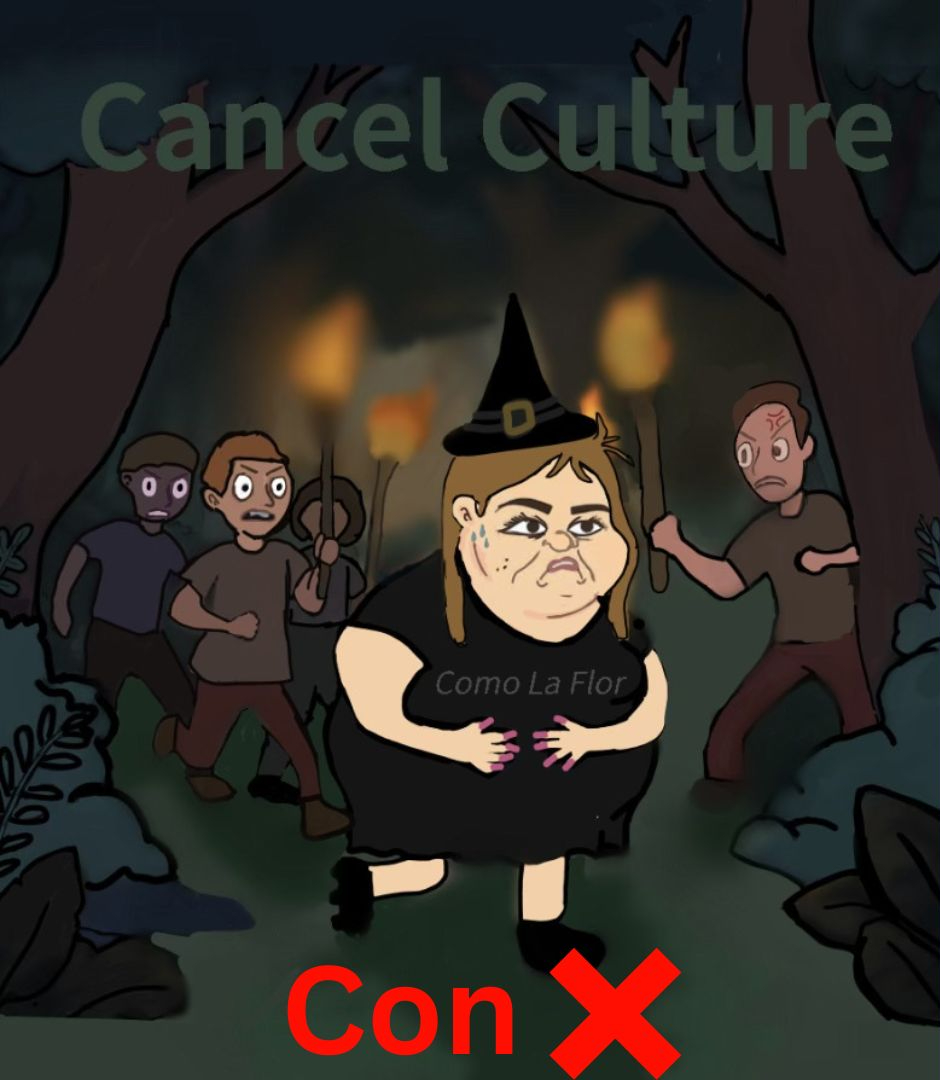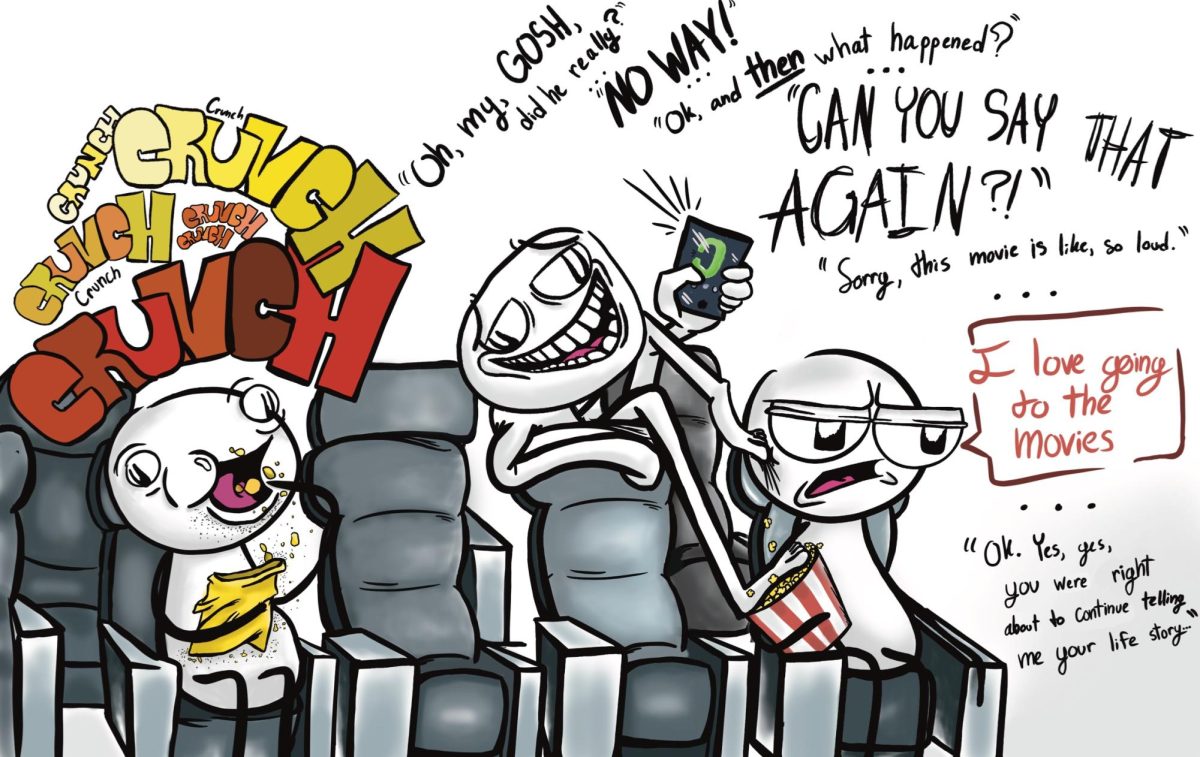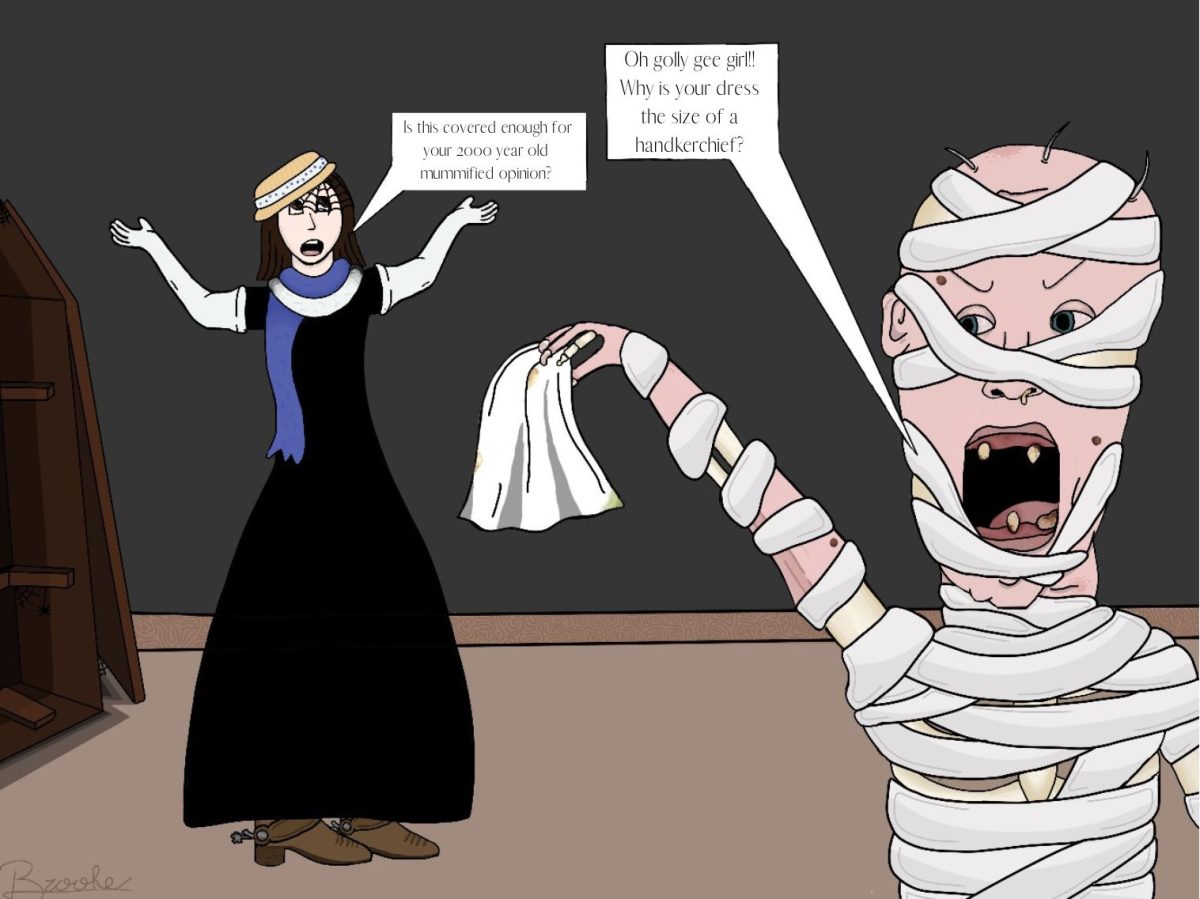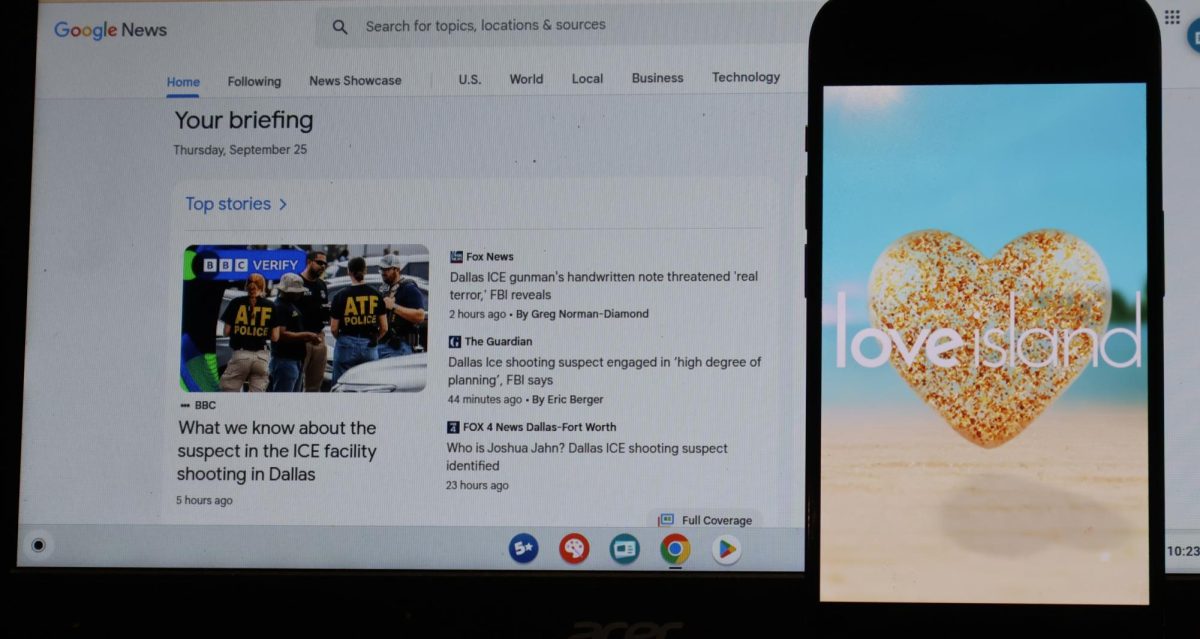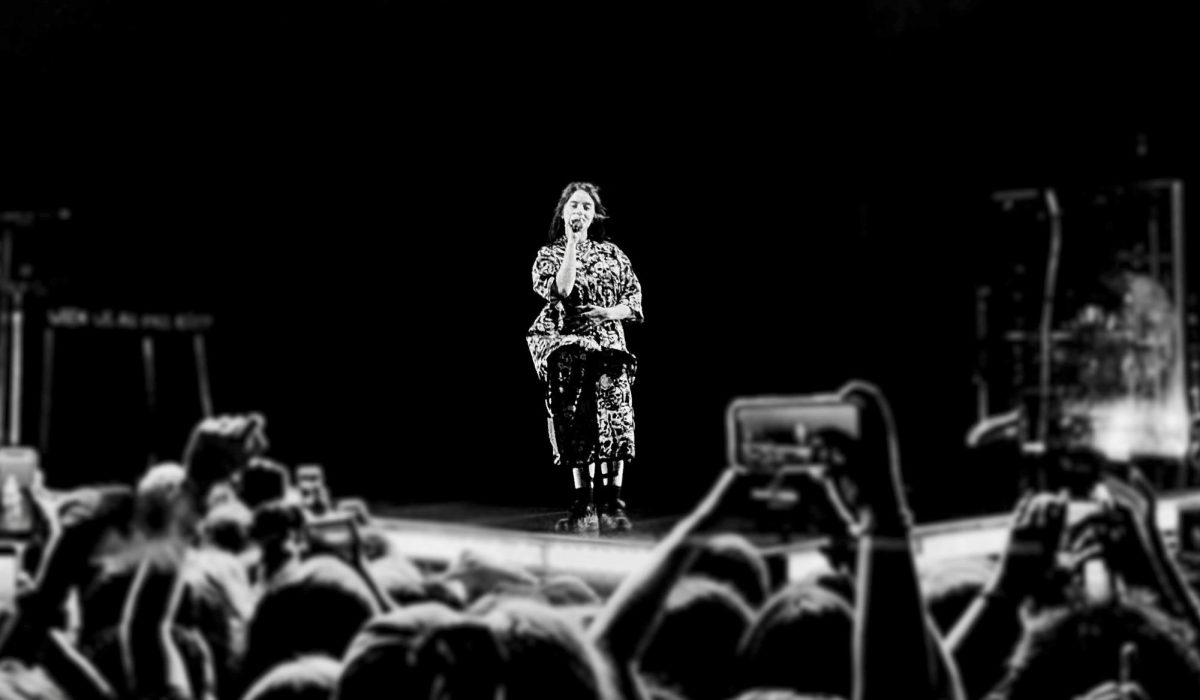To read Amelia’s opposing viewpoint, click here.
Between distasteful old videos resurfacing to bigoted tweets from 2014, many social media influencers’ pasts have come back to haunt them as droves of users online have been jumping on hate trains to call out their favorite creators’ offensive actions from years ago. The term “cancel culture” was originally coined alongside the rise of online platforms, and with that came the increase of users joining together and withdrawing support in masses for public figures. Oftentimes, the hate and cyberbullying takes the shape of commenting on an individual’s post, and can even extend to sending hate towards family members or trying to ruin an individual’s future.
Cancel culture has become the 21st century’s version of the Salem Witch Trials, in which people online have a mob mentality to rally and “condemn” someone for their actions with almost no evidence. Additionally, much like the witch trials, most of the time there is little to no redemption for those who have been deemed “canceled” in the eyes of the public.
These modern day attacks on public figures fail to hold everyone to the same standards as there is no concrete pattern of reasoning that determines if someone is “canceled” or not. Some public figures will have their comments flooded with hate months after an incident, while others may get off with a simple slap on the wrist. Cancel culture is flawed due to the fact that it creates a double standard for different groups of people. Some are able to get away with offensive actions due to their status or popularity, while others are not afforded the same respect. For instance, both Colleen Ballinger and James Charles were both canceled for messaging minors, yet Charles got away with his actions seemingly unscathed, still achieving millions of views on his videos. On the other hand, Ballinger’s views have tanked and her apology video has become an internet meme.
Moreover, these online hate trains scare people into attempting to make meaningful changes in their lifestyles. Many public figures actively fear being canceled, therefore, they are afraid of openly admitting that they have made a mistake out of fear of potential cyberbullying. This ultimately hinders honest discourse, and creates an environment where people are afraid to speak their minds. For example, during election season, many influencers found themselves staying quiet due to the nature of cancel culture. Regardless of what side of the political spectrum a person falls on, they should be able to express their own opinions without thoughts of severe backlash constantly plaguing their minds.
In many cases, people are canceled due to their past mistakes from years ago being dug up online. Most of the time this is due to a user’s digital footprint, or the trail of data that a user leaves on the internet. Many influencers have digital footprints that have become a tool used against them, regardless of if this person has had a change in character or not. While cancel culture claims to hold people accountable, it rarely acknowledges the fact that people can grow and learn from past mistakes. It seems like it has just become a perpetual cycle of constant judgement.
There is no denying that the concept of “cancel culture” had noble intentions at first. Its original goal was to hold people accountable for actions or behaviors that have been deemed unacceptable. However, most of the time the turnout is quite the opposite; its system is innately flawed as it scares people away from using their platforms thoughtfully, punishes people regardless of their change in character, and fails to hold everyone to the same standards. When someone makes a mistake, rather than publicly ostracizing them, it may be better to try and encourage them to learn and grow from their wrongdoings.

